
As the late summer COVID-19 surge crests into fall, doctors are urging everyone to be vigilant about COVID symptoms; isolating and testing at the first sign of illness can help stop the spread. But what are those symptoms? The latest dominant variants—EG.5 (Eris) and FL.1.5 (Fornax)—are showing up quite differently than earlier iterations of the virus, experts say. Here’s the latest on what’s often the first sign of COVID infection these days.
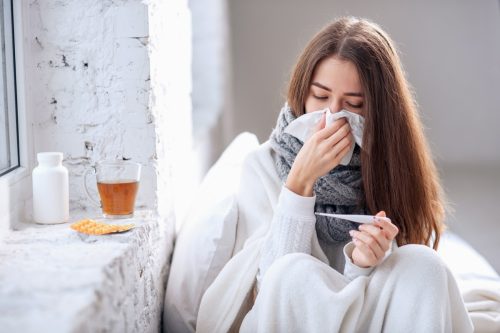
Doctors say that COVID has become increasingly difficult to distinguish from the common cold or the flu. That’s because the previous telltale symptoms—a dry cough or the loss of sense of taste or smell—have become less common. COVID has become milder, doctors say, and concentrated in the upper respiratory tract, NBC News reported on Sept. 16.
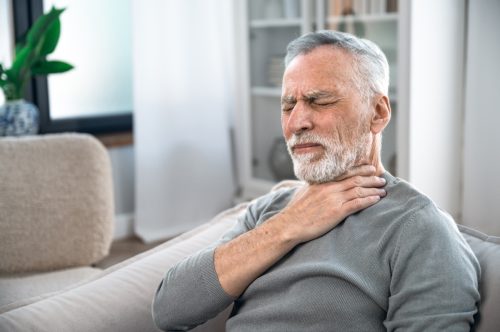
“It isn’t the same typical symptoms that we were seeing before. It’s a lot of congestion, sometimes sneezing, usually a mild sore throat,” Dr. Erick Eiting, vice chair of operations for emergency medicine at Mount Sinai Downtown in New York City, told the news outlet. Sore throat usually comes first, followed by congestion, he said.
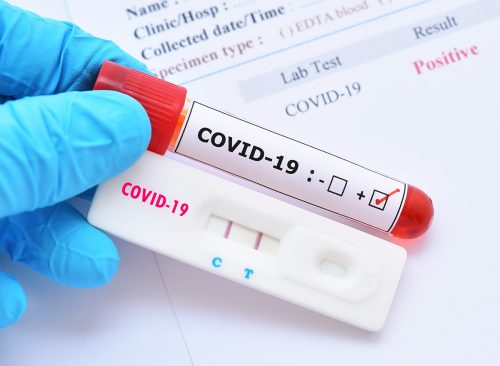
“Just about everyone who I’ve seen has had really mild symptoms,” said Eiting of patients he’s seen in urgent care. “The only way that we knew that it was COVID was because we happened to be testing them.”
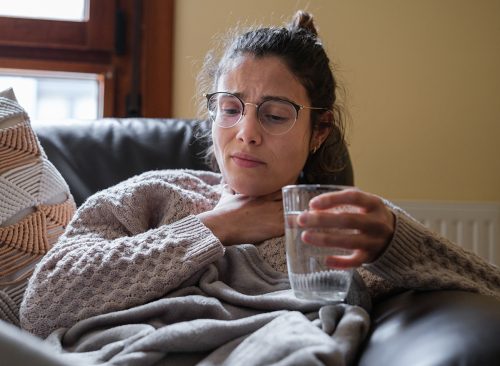
Keisha Brown, a physician assistant with Velocity Urgent Care in Virginia Beach, Virginia, reported a similar pattern in her patients. “This year, we’ve seen COVID appear in the form of something as simple as just a sore throat, which can be really hard to differentiate between COVID, flu, or strep, because they can look alike and sound the same,” she told 13 News on Sept. 7. Your throat may feel scratchy or irritated, or you may have pain upon swallowing.
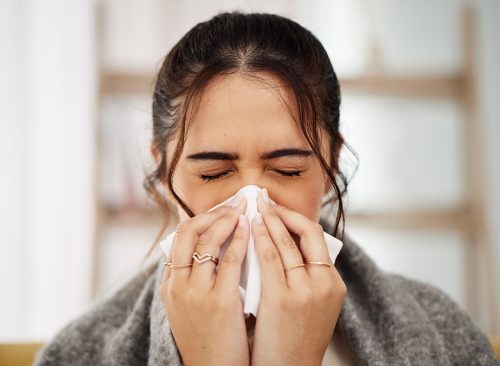
While symptoms are generally mild, some people report a sore throat that can be quite painful. Dr. Grace McComsey, vice dean for clinical and translational research at Case Western University, told NBC News that some of her patients have described “a burning sensation like they never had, even with strep in the past.” “Then, as soon as the congestion happens, it seems like the throat gets better,” she said.
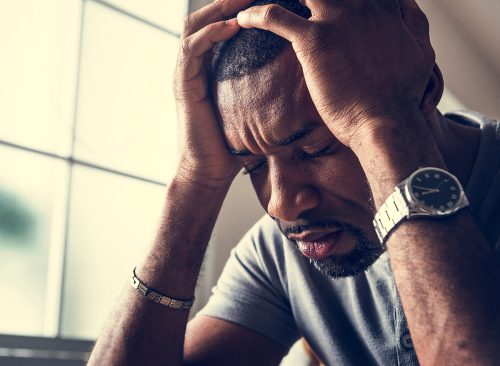
Along with congestion, some patients report having headaches, fatigue, muscle aches, fever, chills, or post-nasal drip that may lead to a cough. But coughing isn’t a primary symptom, NBC reported. McComsey said fatigue and muscle aches usually last a few days, while congestion can sometimes last a few weeks.

McComsey estimated that only about 10% to 20% of her COVID patients lose their sense of taste or smell these days, compared to about 60% to 70% early in the pandemic.
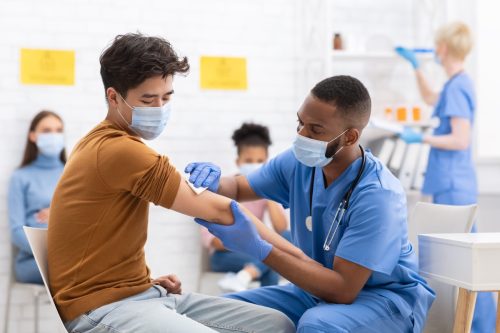
Dr. Dan Barouch, director of the Center for Virology and Vaccine Research at Beth Israel Deaconess Medical Center in Boston, told NBC doctors are seeing milder COVID symptoms because of widespread immunity from vaccines and prior infections. “Overall, the severity of COVID is much lower than it was a year ago and two years ago. That’s not because the variants are less robust. It’s because the immune responses are higher,” he said.
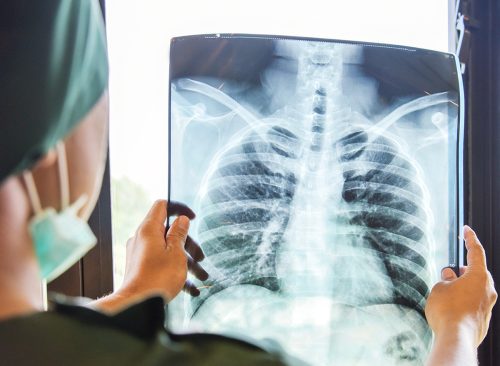
Omicron may also have changed the way COVID presents. When the variant first appeared, experts observed that it didn’t affect the lungs as much as previous variants.
RELATED: Surprising Signs You’ve Already Had COVID
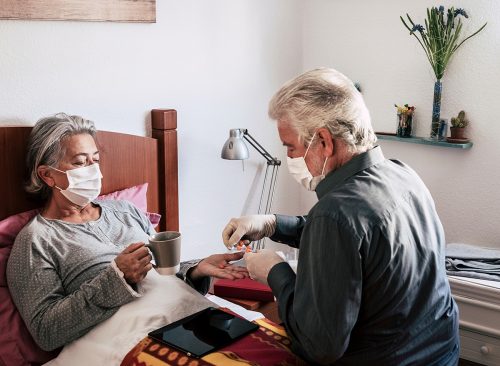
Unfortunately, McComsey said, doctors are still seeing cases of long COVID-19 from the latest variants. Rapid heart rate and exercise intolerance are among the most common symptoms. Each re-infection brings a risk of long COVID. “What we’re seeing in long COVID clinics is not just the older strains that continue to be symptomatic and not getting better—we’re adding to that number with the new strain as well,” McComsey said. “That’s why I’m not taking this new wave any less seriously.”














